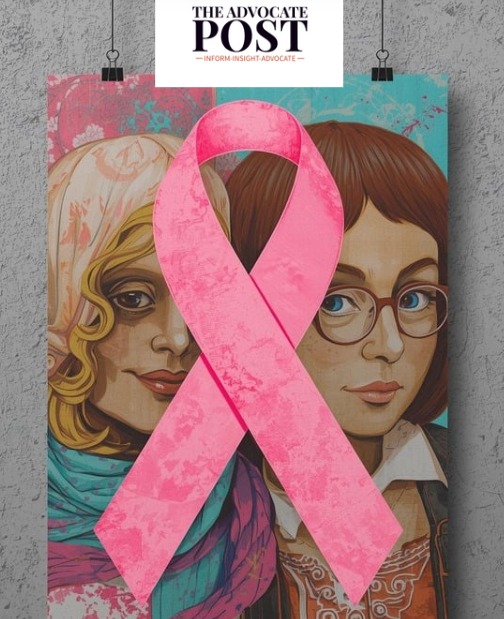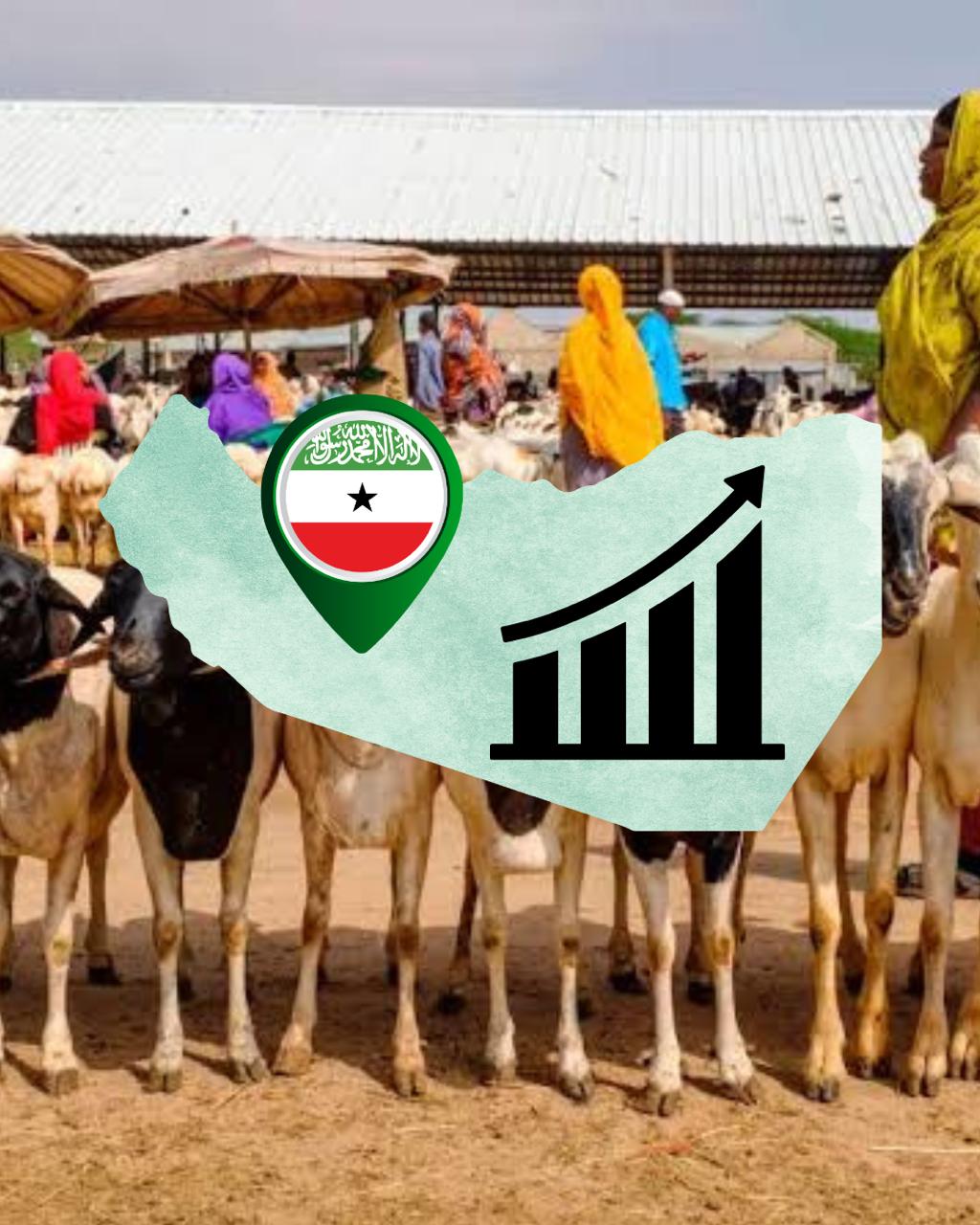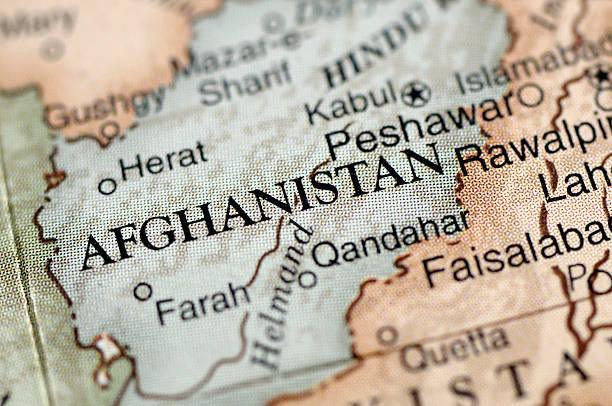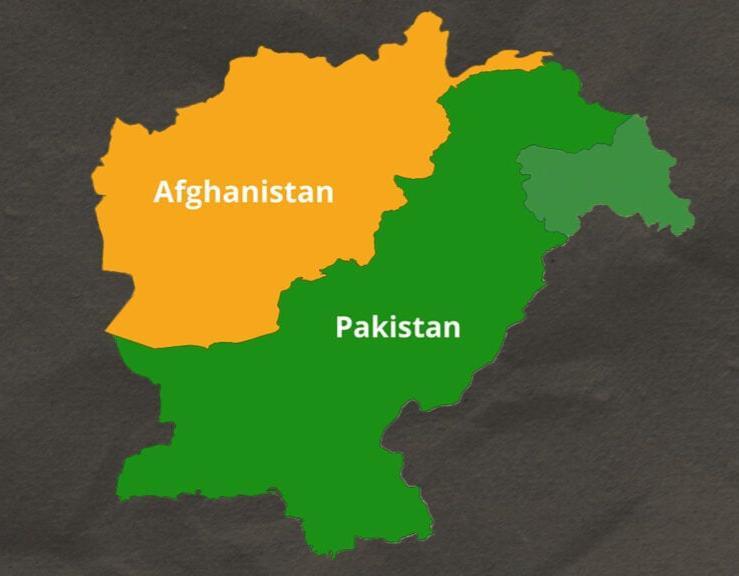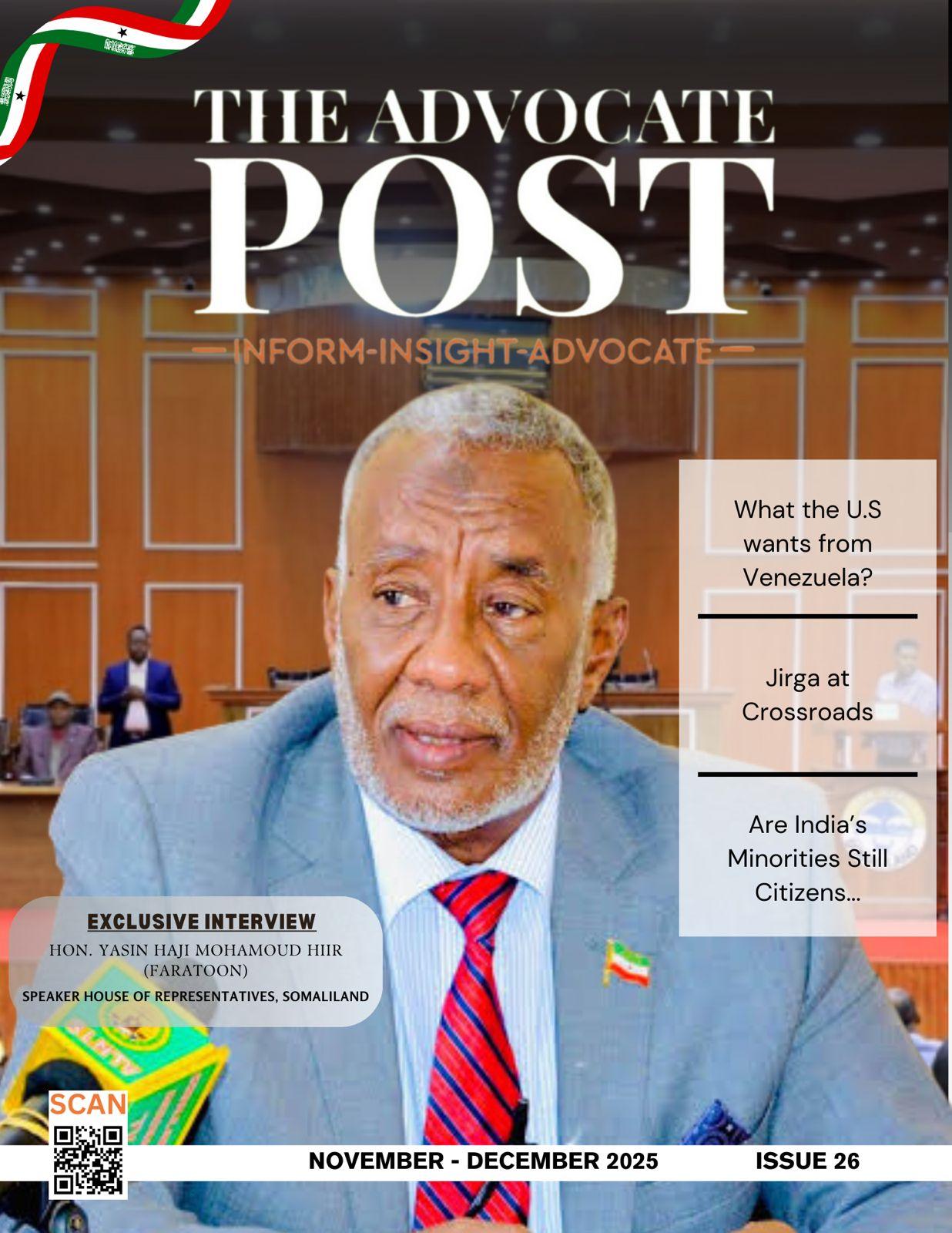Editorial, The Advocate Post: A campaign that goes far beyond ribbons and slogans. It is a movement to inform, empower, and break the silence surrounding a disease that affects millions of women globally every year. Yet, in many societies, particularly in South Asia, cultural taboos and social stigma still prevent open discussions about women’s health, delaying diagnosis and costing countless lives that could have been saved.
The Power of Awareness
Awareness is the first line of defense against breast cancer. According to the World Health Organization, breast cancer is the most common cancer among women worldwide, accounting for nearly one in every four cancer cases. In Pakistan alone, it is estimated that one in nine women will develop breast cancer at some point in their lives one of the highest rates in Asia. What makes this more alarming is that many of these cases are detected in the later stages, when treatment options are limited and the chances of survival significantly decline.
Early detection, on the other hand, can make all the difference. Regular self-examinations, clinical screenings, and mammograms can help identify abnormalities long before symptoms become visible. When breast cancer is caught in its early stages, survival rates can exceed 90%, according to global data. This means that awareness is not just educational it is life-saving.
Overcoming Shame and Social Stigma
Despite the growing number of awareness campaigns, many women remain hesitant to discuss breast health or seek medical help due to cultural taboos. In conservative societies, modesty and “shame” often overshadow the importance of health. Many women fear being judged, ostracized, or even ignored by their families if they bring up such topics.
This silence is deadly. It allows myths to persist such as the belief that only older women are at risk, or that cancer is a punishment or fate one must accept. In reality, breast cancer knows no age, class, or background. Young women, too, can be affected, and genetic factors, diet, stress, and environmental conditions all play a role.
Raising awareness helps dismantle these stigmas. When survivors and advocates speak openly, they empower others to take control of their health. Communities and workplaces that normalize discussions about breast health create safe spaces for women to seek advice, share experiences, and act early.
Men Have a Role Too
While breast cancer primarily affects women, men are not immune—though rare, it can occur in them as well. More importantly, men play a crucial role in supporting awareness. Husbands, fathers, brothers, and sons should encourage the women in their lives to go for check-ups and stand beside them if they are diagnosed. Family support can make the emotional and physical journey of treatment much easier.
The Way Forward: Education, Screening, and Support
To fight breast cancer effectively, awareness must go hand in hand with action. Governments and healthcare institutions should ensure regular screening programs, especially in rural areas where access to healthcare is limited. Schools and universities can play a role by including women’s health education in their curriculums. Media campaigns both traditional and digital—should highlight stories of survival and hope, reinforcing that cancer is not the end of life.
Above all, every woman must be encouraged to “know her normal” to understand her body, perform monthly self-exams, and seek professional advice at the first sign of change.
Breast cancer is not just a medical issue it is a social one. Awareness breaks the silence that allows fear and stigma to thrive. It transforms embarrassment into empowerment and ignorance into knowledge. No woman should have to die simply because she was too afraid to speak up or too ashamed to get checked.
By spreading awareness, encouraging regular screenings, and supporting one another, we can move closer to a world where early detection becomes the norm and where every woman’s life is valued, protected, and celebrated.

